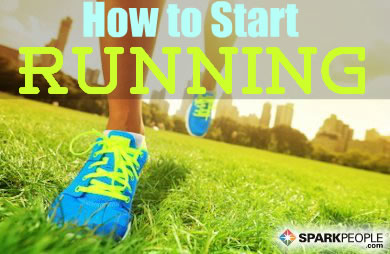|
For young people falling doesn't carry the same risks that it does for those twice, even three times the age of their younger counterparts. The risk of falling does increase with age. It has been reported that accidental falls are the leading cause of hospitalizations outside of illness in individuals over the age of 65. According to a January 2003 report in the New Journal of Medicine "more than one-third of people over the age of 65 experienced at least one fall and in half such cases the falls are recurrent." Falls carry a huge risk for the those who are older. Hip fractures, fractures of other bones and head injuries often lead to hospitalization and in some cases death. According to the National Council on Aging, falls result in over 2 million visits to the emergency room each year with 550,000 hospital admissions and sadly 18,000 deaths. With the large number of hospital visits each year due to falling, it would seem like falling is a natural consequence to aging, but it isn't. Poor eyesight and hearing, along with poor balance and lack of physical activity as well as taking certain medications have been associated with the increase risk of falling. Factor in environmental issues, such as throw rugs and electrical cords and it is just a matter of time before one ends up in the emergency room. While we can't completely prevent every fall from occurring, by taking measures such as removing environmental factors, discussing medication issues with your doctor, in addition to having your eyesight checked on an annual basis, hopefully this will prevent a visit to your local hospital. But you may be surprised to know that like everything else we do to embrace a healthy lifestyle, even a short stint in the garden may help with fall prevention. And it doesn't take hours and hours to achieve the benefits. In a recent report in the Journal of Aging and Physical Activity evidence showed that gardners who worked in their yards one or more hours each week experienced fewer recent falls, had better balance as well as increased walking speeds compared to those older individuals who did not garden. This study once again affirms the fact that any activity, regardless of the intensity involved, plays a fundamental role in keeping us healthy. With the baby boomer generation just now entering their golden years, we must all do what it takes to stay healthy so that we can enjoy our retirement years even if that means working in the garden for an hour or two every week. Are you a gardener? If so, what health benefits have you discovered helps you in your own healthy living journey? |
Popular Entries
More From SparkPeople
|

















